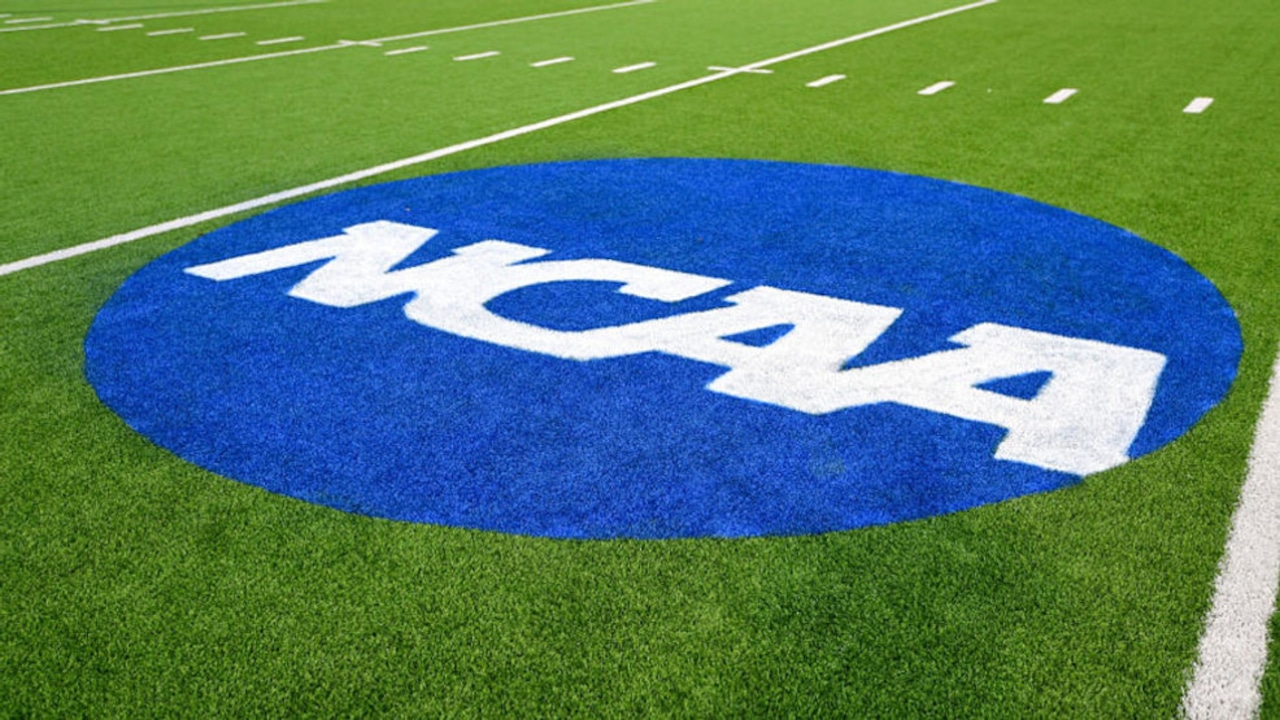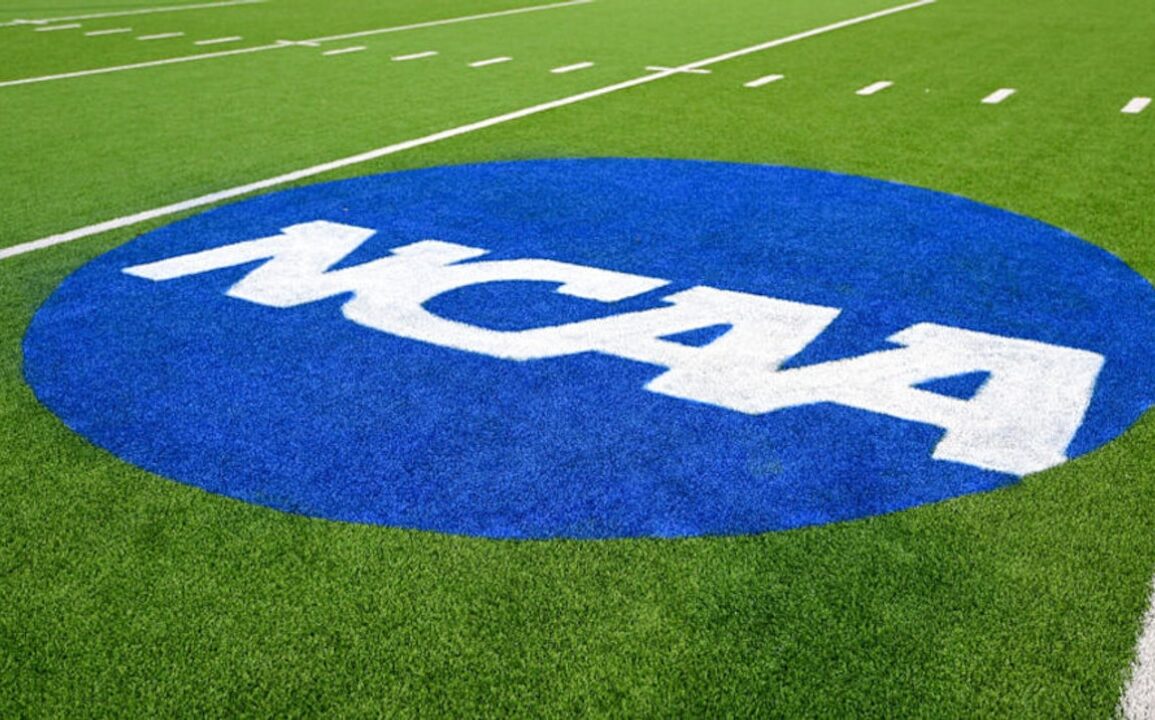
Rick Trickett and Claudia Wilken, at first blush, don’t appear to have much in common beyond experience and life wisdom in their chosen professions.
He’s a hard-nosed 77-year-old offensive line coach who served in Vietnam, now whipping into shape the centers, guards and tackles at Jacksonville State. She’s a no-nonsense 75-year-old U.S. District Court judge for the Northern District of California, trying one more time to get the NCAA and its member schools to do right by their athletes.
Not sure who has the harder job.
College football has been Trickett’s life for practically his entire life, and his three sons have followed him into the profession. He’s done great work at places like Auburn, West Virginia and Florida State. In his six years at Auburn under Terry Bowden, four of his offensive linemen were selected in the NFL Draft’s first round.
The Tigers have had only three first-round O-line picks since.
The sport moved onto Wilken’s radar 16 years ago with the first in a series of legal cases involving the rights of college athletes. She’s become as influential in shaping the future of those athletes as a group as Trickett has been in shaping the lives of his players as individuals for five decades.
In an insightful, delightful interview late Wednesday afternoon on the Auburn Undercover podcast, Trickett talked about NIL and the transfer portal, expressed his concerns about some of their negative effects on young athletes and said, “I worry about the game.”
About that same time, Wilken issued her latest order regarding the proposed House v. NCAA settlement that showed she, too, has the best interests of college athletes in mind. All college athletes, not just the ones that stand to profit the most in the coming new world that will allow them to share in the revenue their work generates for their schools while also reaping the benefits of actual NIL deals.
Wilken declined to provide final approval of the groundbreaking settlement and threatened to reject it completely because the two sides in the case failed to address her concerns about the immediate harmful impact of roster limits. Well, it really wasn’t both sides that stood in the way. It was the defendants, the NCAA and the power conferences.
Imagine that. They didn’t listen. So, in short, the judge told them, “Can you hear me now?”
While the proposed settlement would allow schools to offer full scholarships to every player on each team, it also would cap, and in some cases cut, roster sizes. Football would be capped at 105. That would end the playing days of thousands of walk-ons and partial scholarship athletes, particularly in the sports of football, swimming, track and cross country.
Wilken had offered a common-sense solution to grandfather in the limits so current athletes would not lose their roster spots. The defendants, demonstrating the consistent lack of common sense that helped create the current chaos in their world, declined to take Wilken’s advice to alter the settlement terms on that specific issue.
Now the entire settlement could be in jeopardy. Imagine another year of chaos masked as commerce without the guardrails the agreement seeks to provide.
Fortunately, the judge demonstrated the patience of Job along with the wisdom of Solomon by offering one more chance for the parties to modify the settlement to avoid harming current athletes by abruptly eliminating their roster spots.
Maybe common sense will prevail this time, but something Trickett said about the current state of college football sounded more ominous after reading the judge’s ruling. He suggested that, if the major decision-makers in college sports had set out five years ago intentionally to mess up the good thing they have, they couldn’t have done a better job.
Some things don’t change, but sometimes that’s a good thing. The offensive linemen at Jacksonville State will continue to get the best of one of the best coaches to teach that position. He’ll ride them hard but teach them right, and he’ll care about them long after they open one last hole.
Trickett is what they call a ball coach. Not sure if there’s a judicial equivalent for that ultimate term of endearment, but there’s a lot to be said for experience and life wisdom. With him in the trenches and Wilken on the bench, there may be hope for college sports yet.
This post was originally published on this site be sure to check out more of their content.







